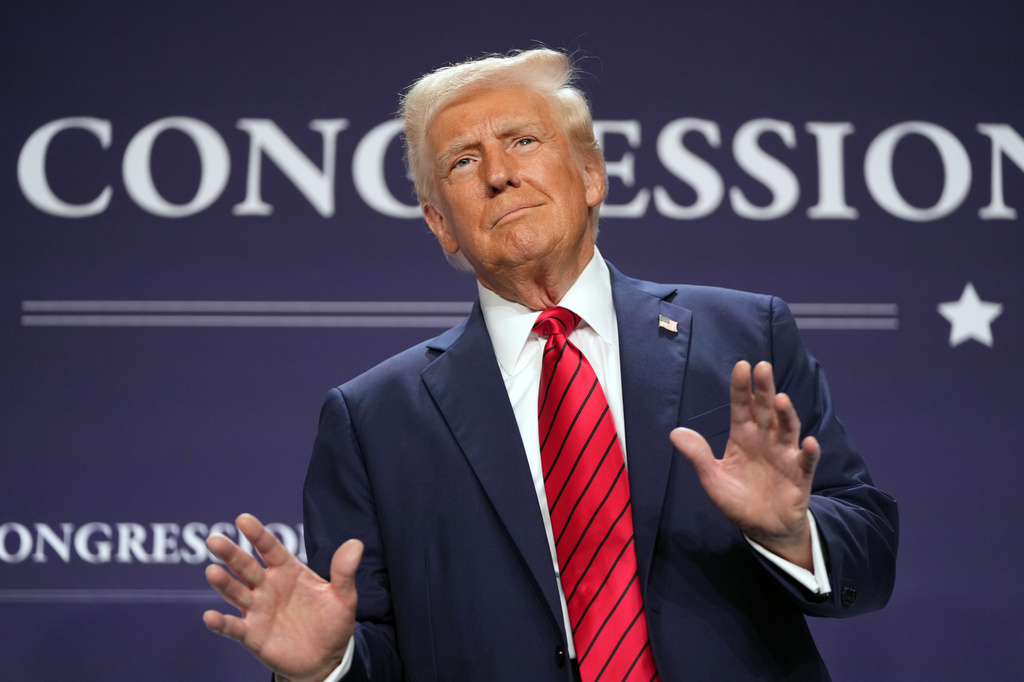

In an interview aired Sunday, March 30, President Donald Trump told NBC’s Kristen Welker that there were “methods” by which he could run for a third term. Naturally, the political left took this as a sign that he would definitely do it and devoted much of its energy to decrying the notion and hammering down the legal arguments against such a move. But perhaps that was the commander-in-chief’s whole purpose.
Welker pressed Trump on whether he would attempt to stay in office beyond his constitutionally constrained second term, the president responded, “Well, there are plans… There are not plans, there are methods – there are methods which you could do it, as you know.” And with that seeming slip of the tongue, the touch paper was lit.
The notion that Trump could find a way to run again is not entirely the product of a single question on the Sunday show circuit. It was floated with all seriousness last week by the president’s former strategist Steve Bannon. “I’m a firm believer that President Trump will run and win again in 2028,” he told NewsNation. “We’re working on it… We’ll see what the definition of term limit is.”
Previously, Bannon had made the case that the 22nd Amendment – which notes term limits – could be circumvented as it does not specify the word “consecutive.”
Indeed, Donald Trump has made jokes about running again on numerous occasions. At the House Republican retreat this January, he tongue-in-cheek asked House Speaker Mike Johnson, “Am I allowed to run again, Mike?” And in February, he floated the notion light-heartedly to his supporters at the White House, asking “Should I run again? You tell me.”
For those who are willing to assume Trump will make their worst fears manifest, such a question to the crowds would have been reminiscent of Julius Caesar having Consul Mark Antony lower the diadem (a laureled crown) onto his head in order to make himself emperor of the Republic.
Caesar watched the reaction of his people to see if they would bite. As a true showman, he refused three times to the adoring approval of the masses, but what if the crowd had cheered him raucously? Would he, rather than Augustus, become Rome’s first?